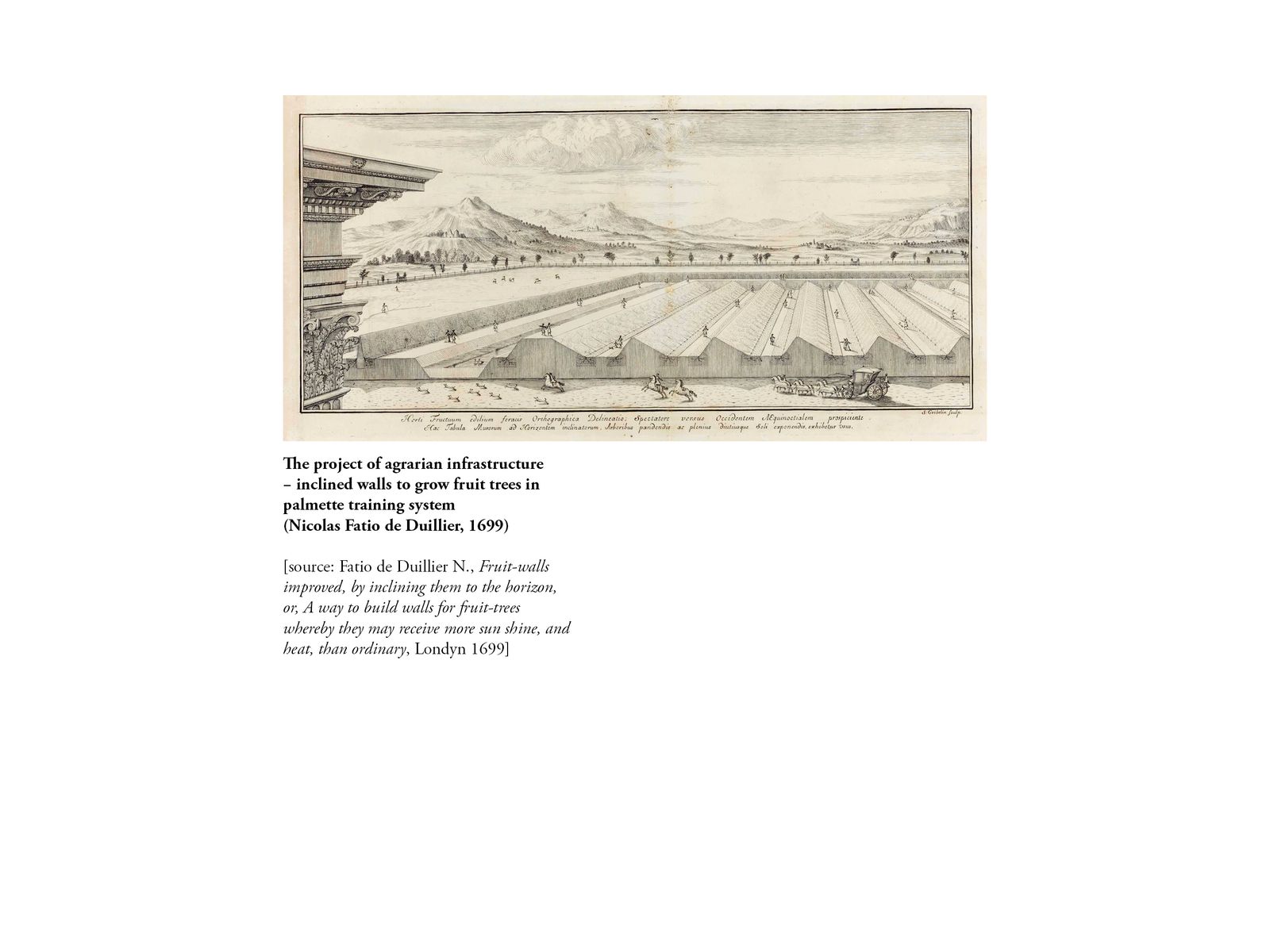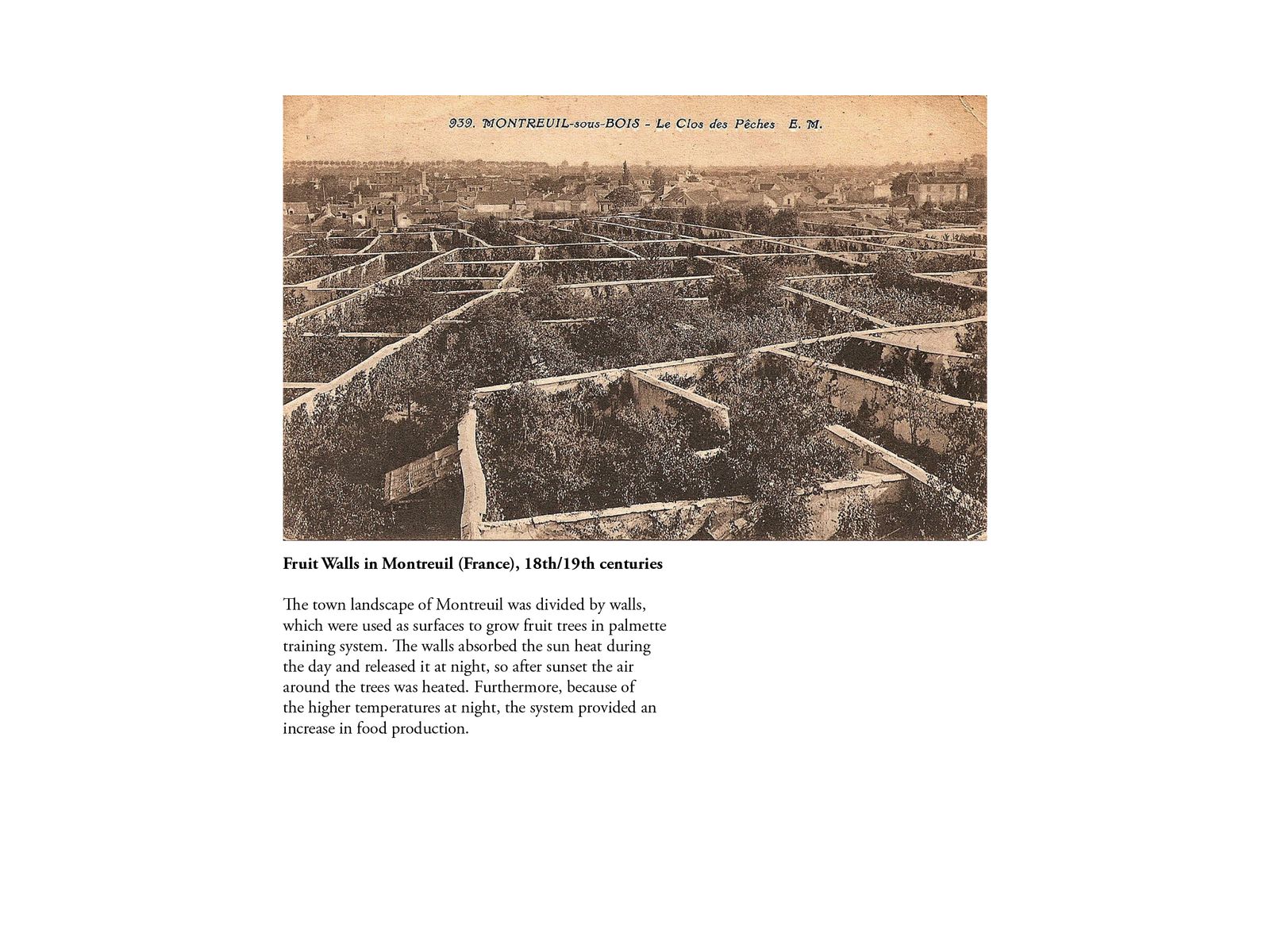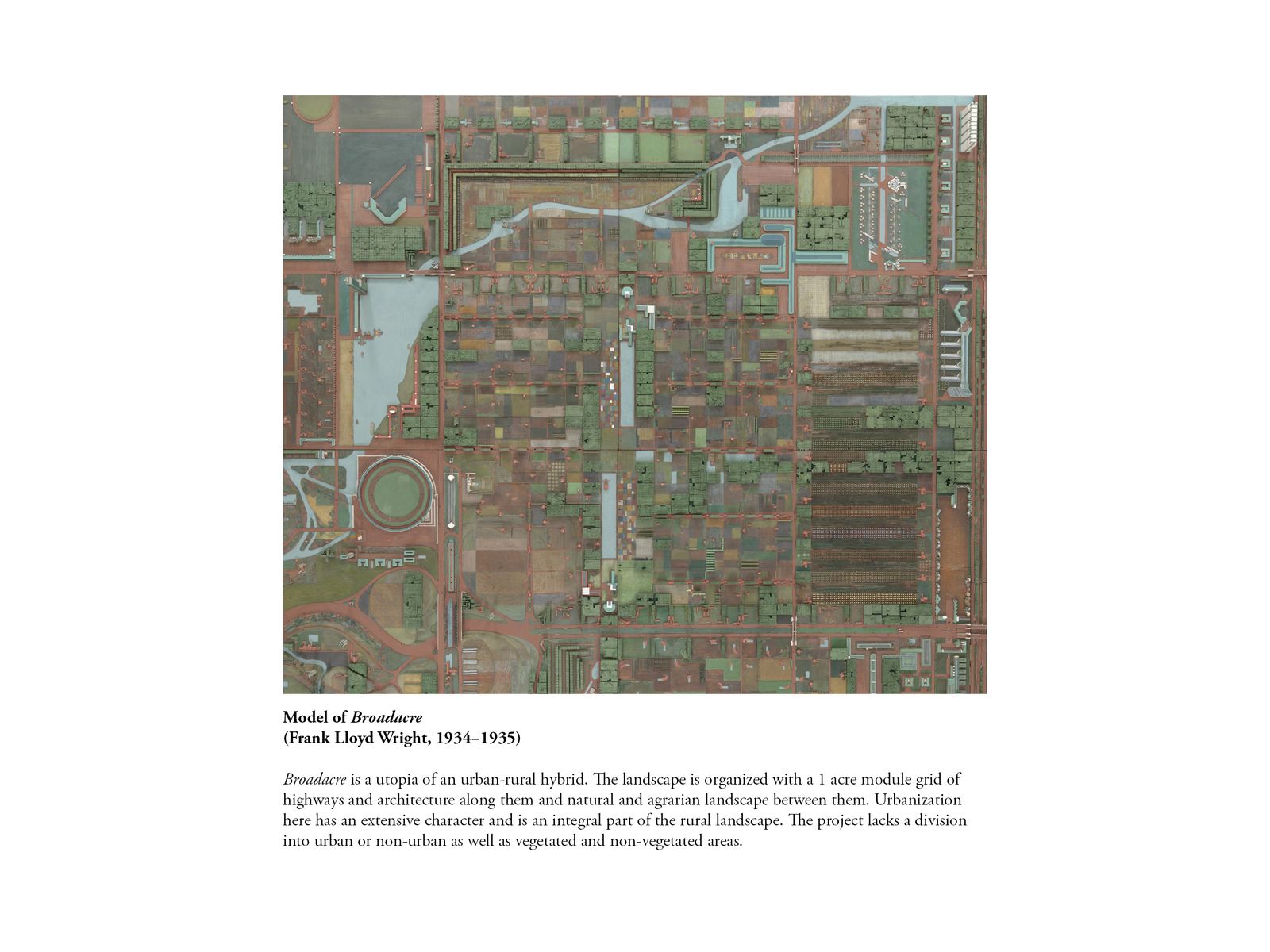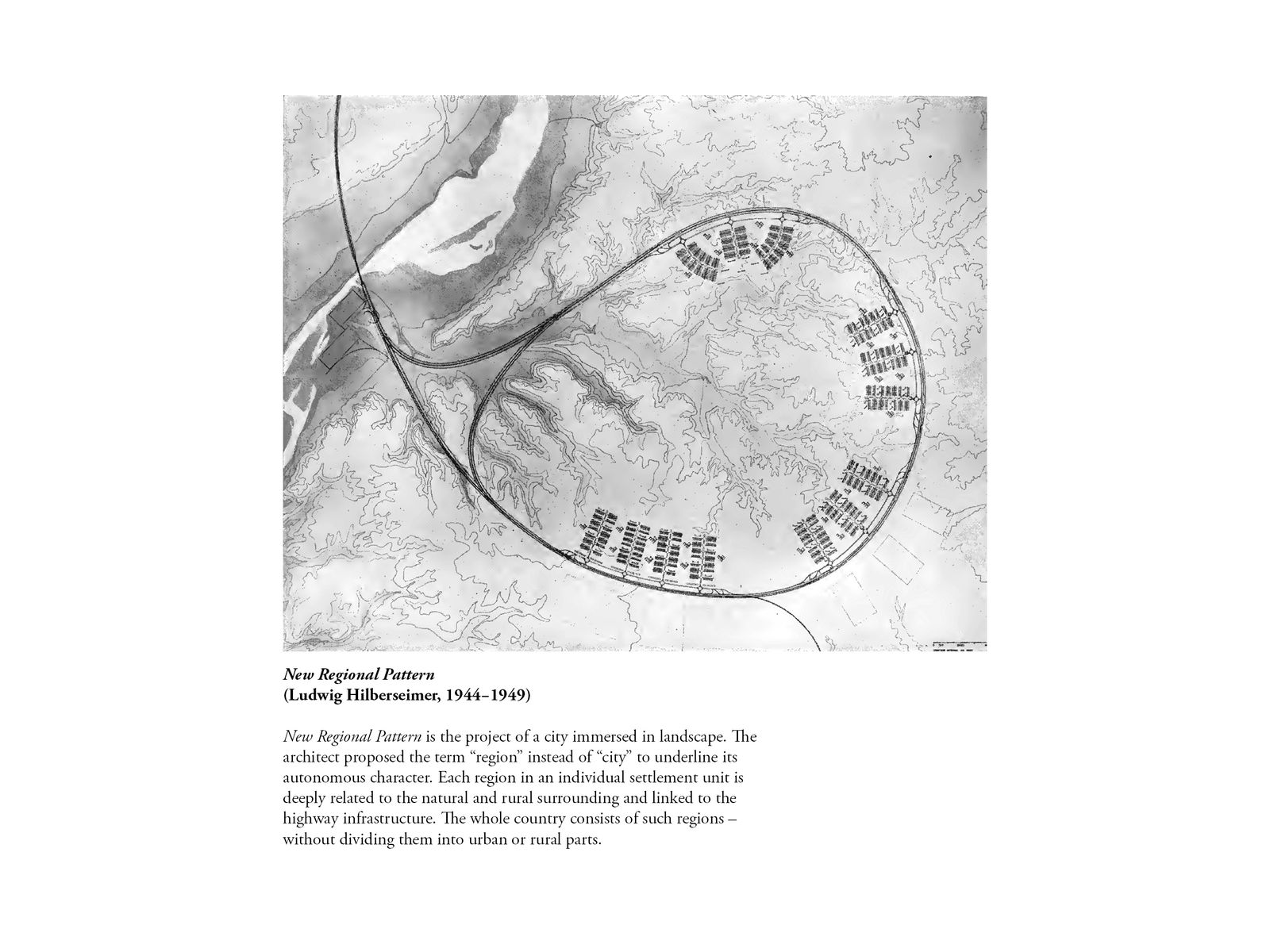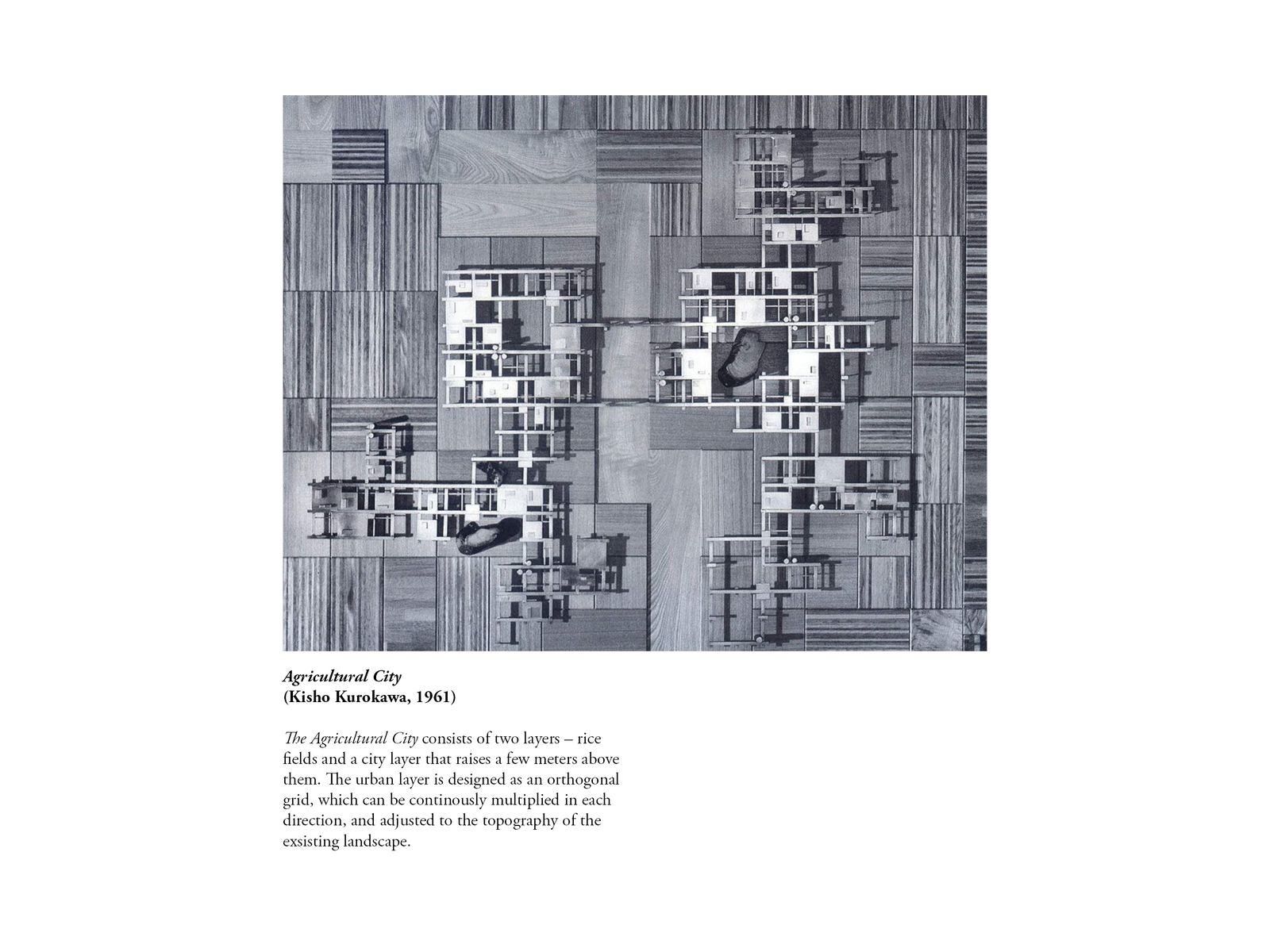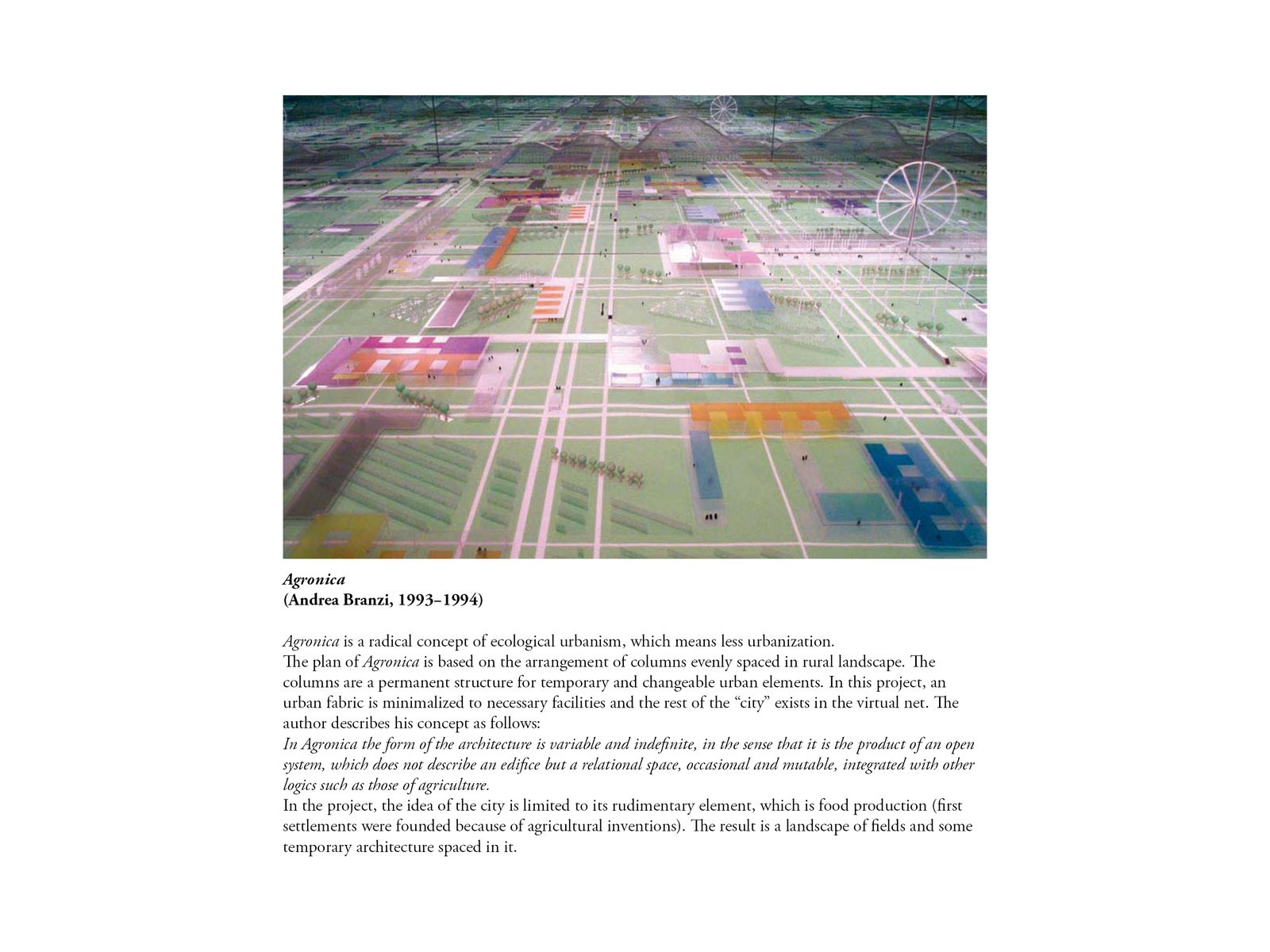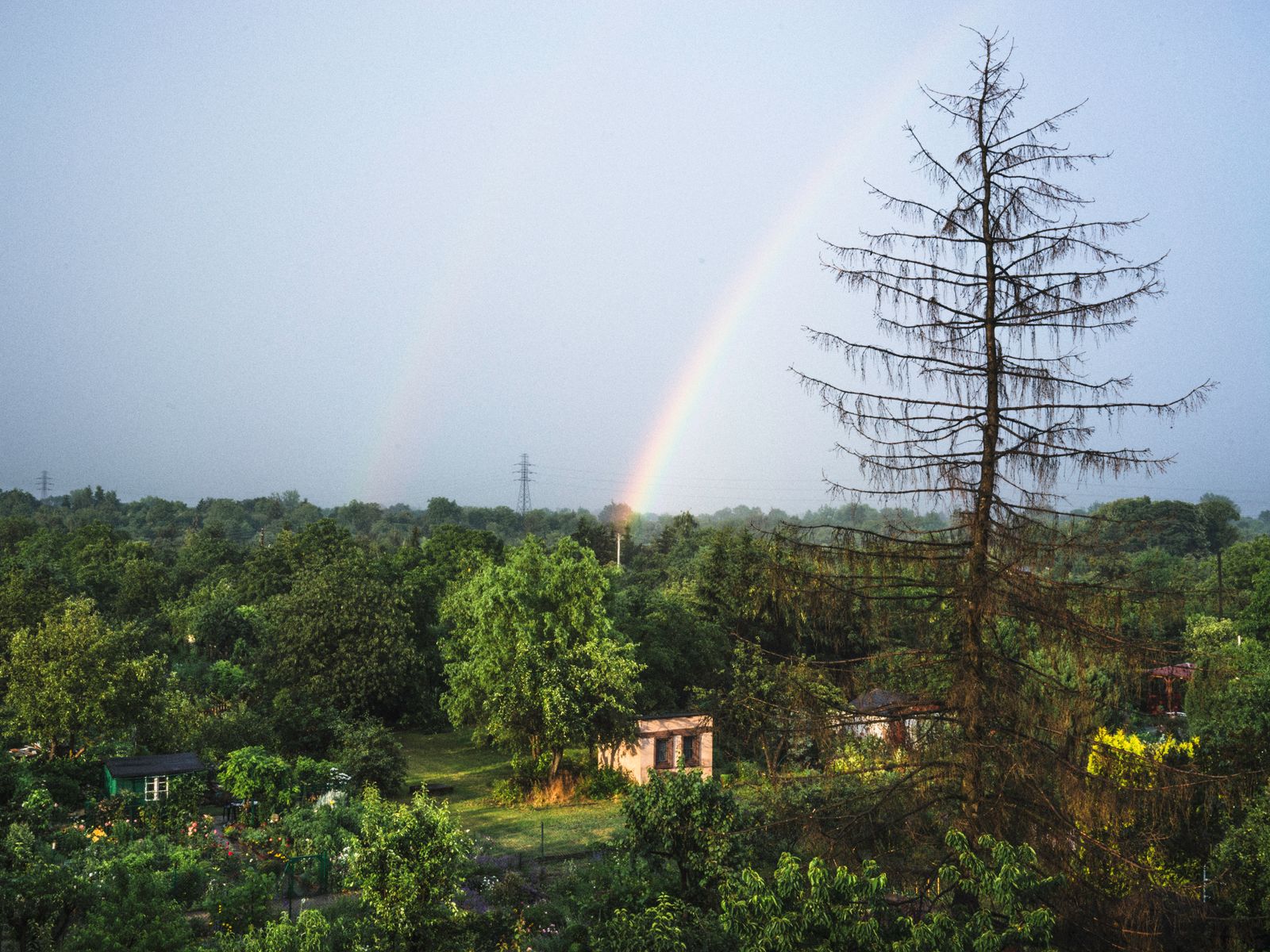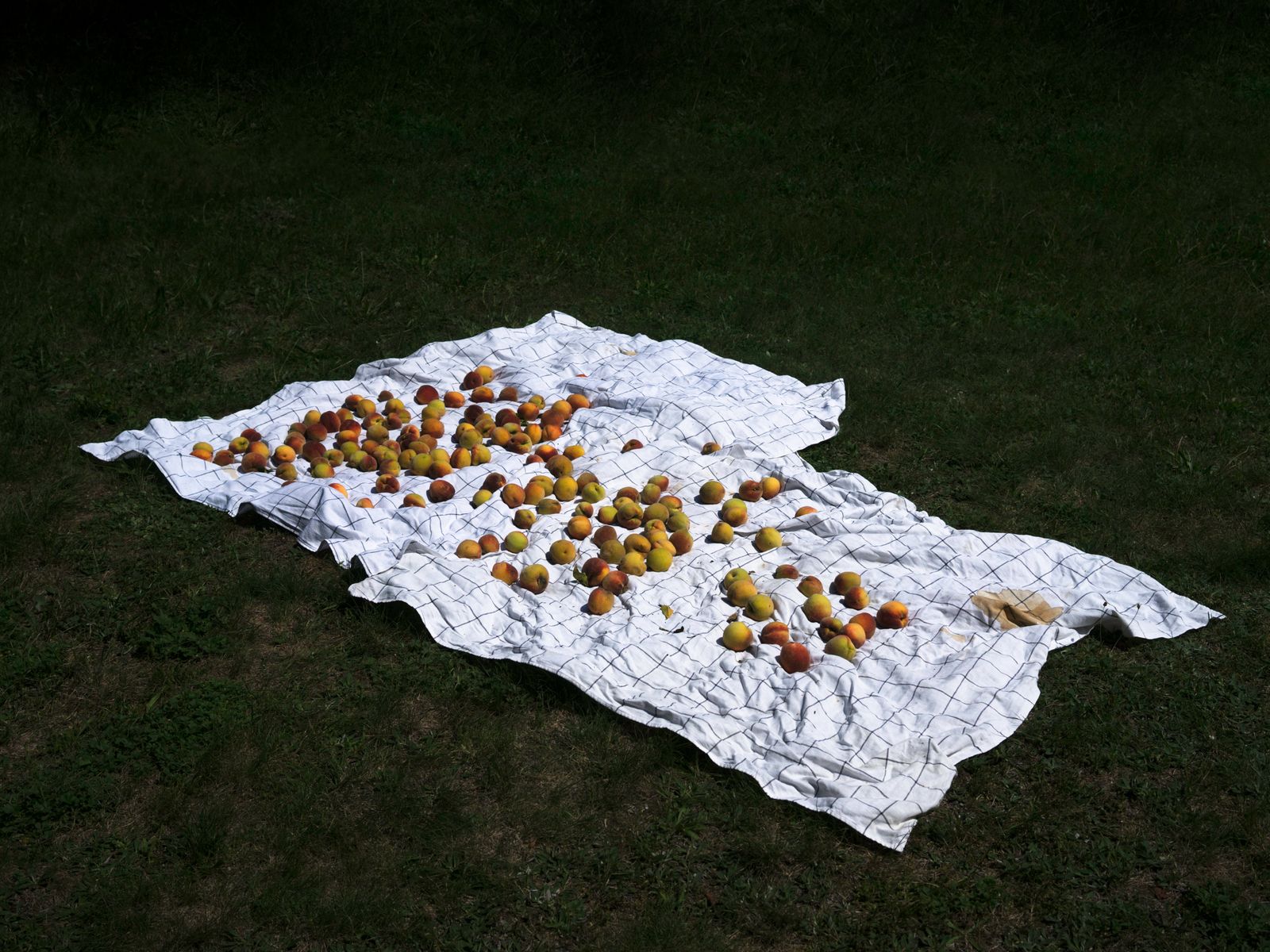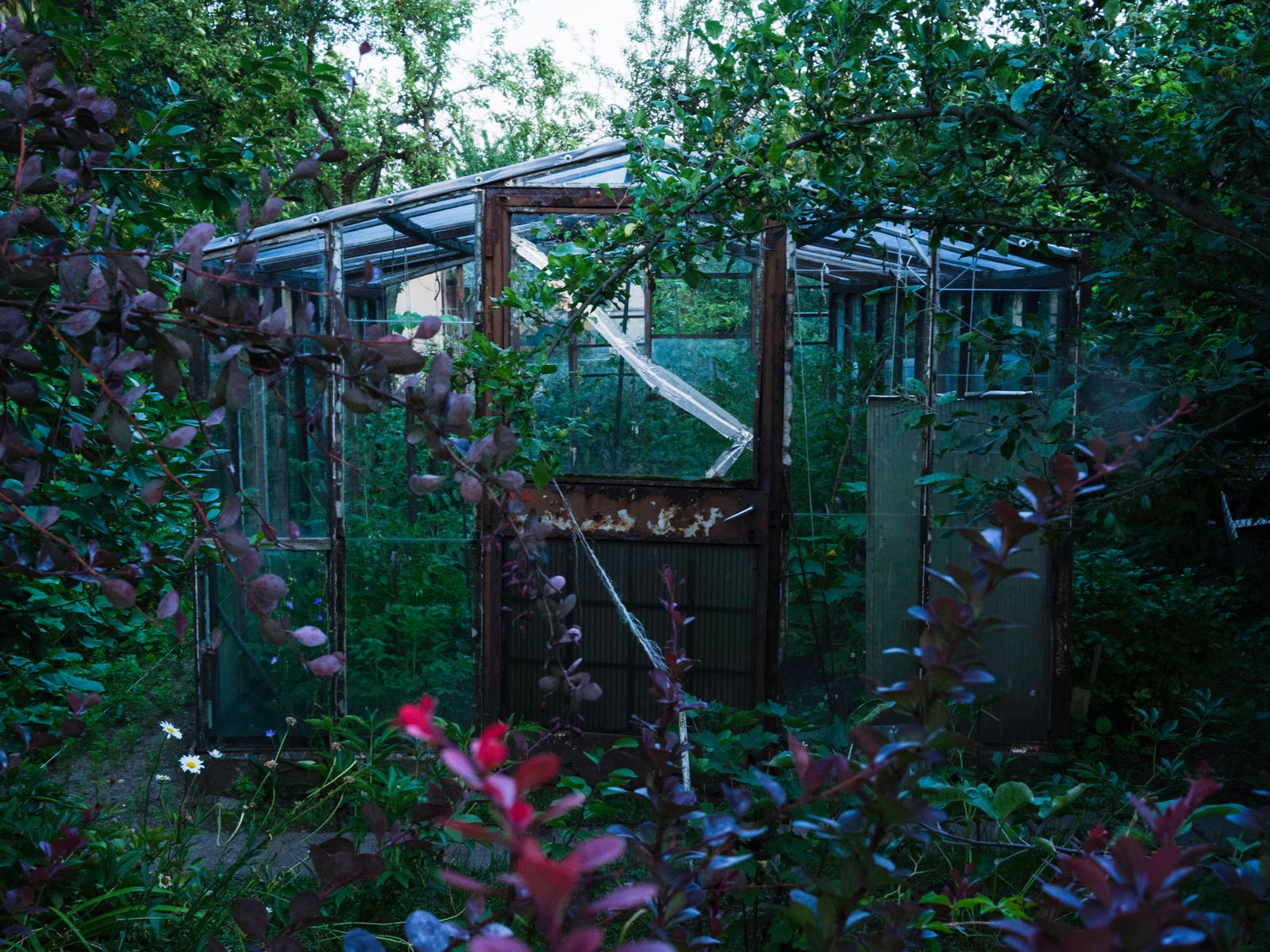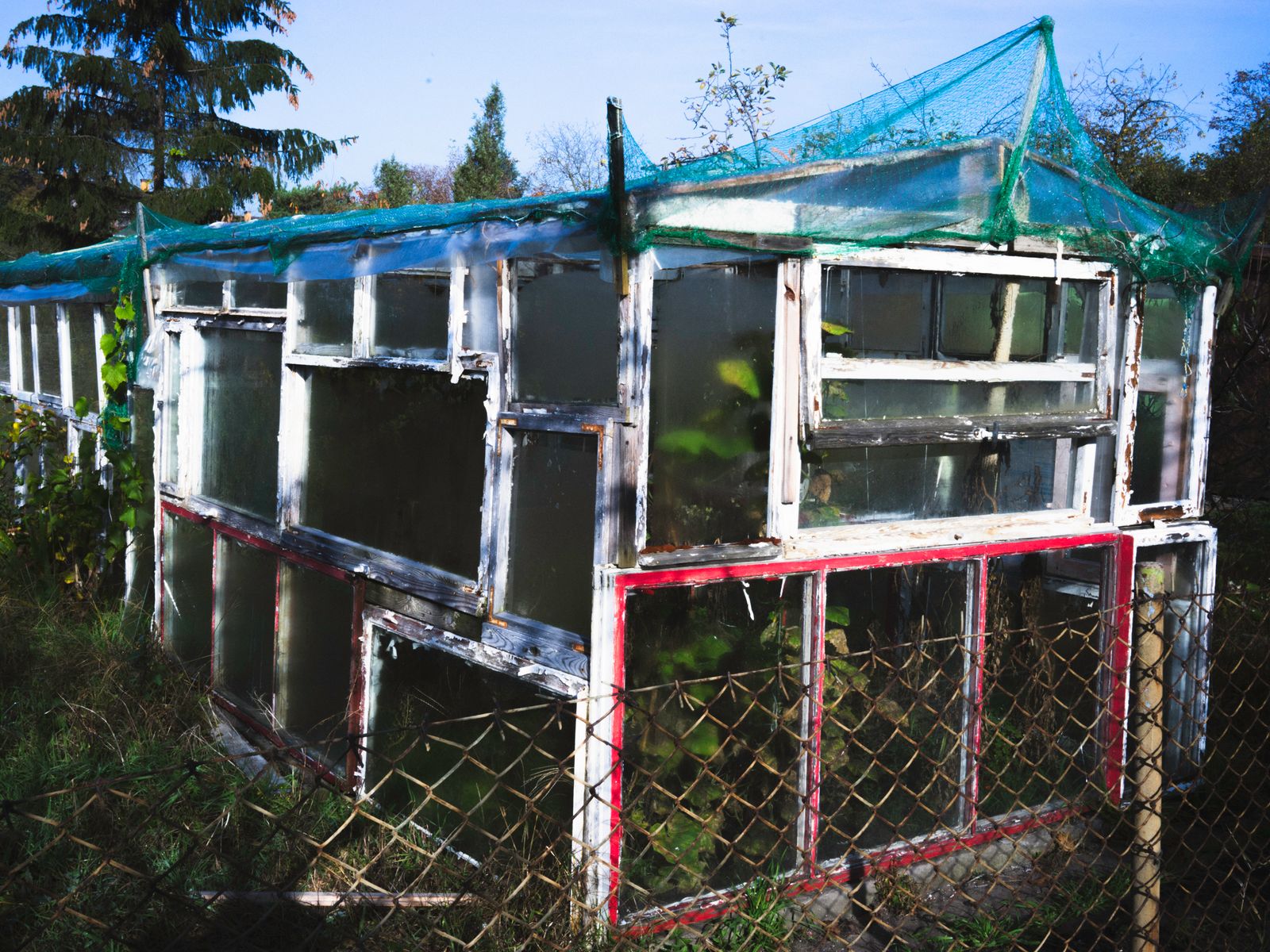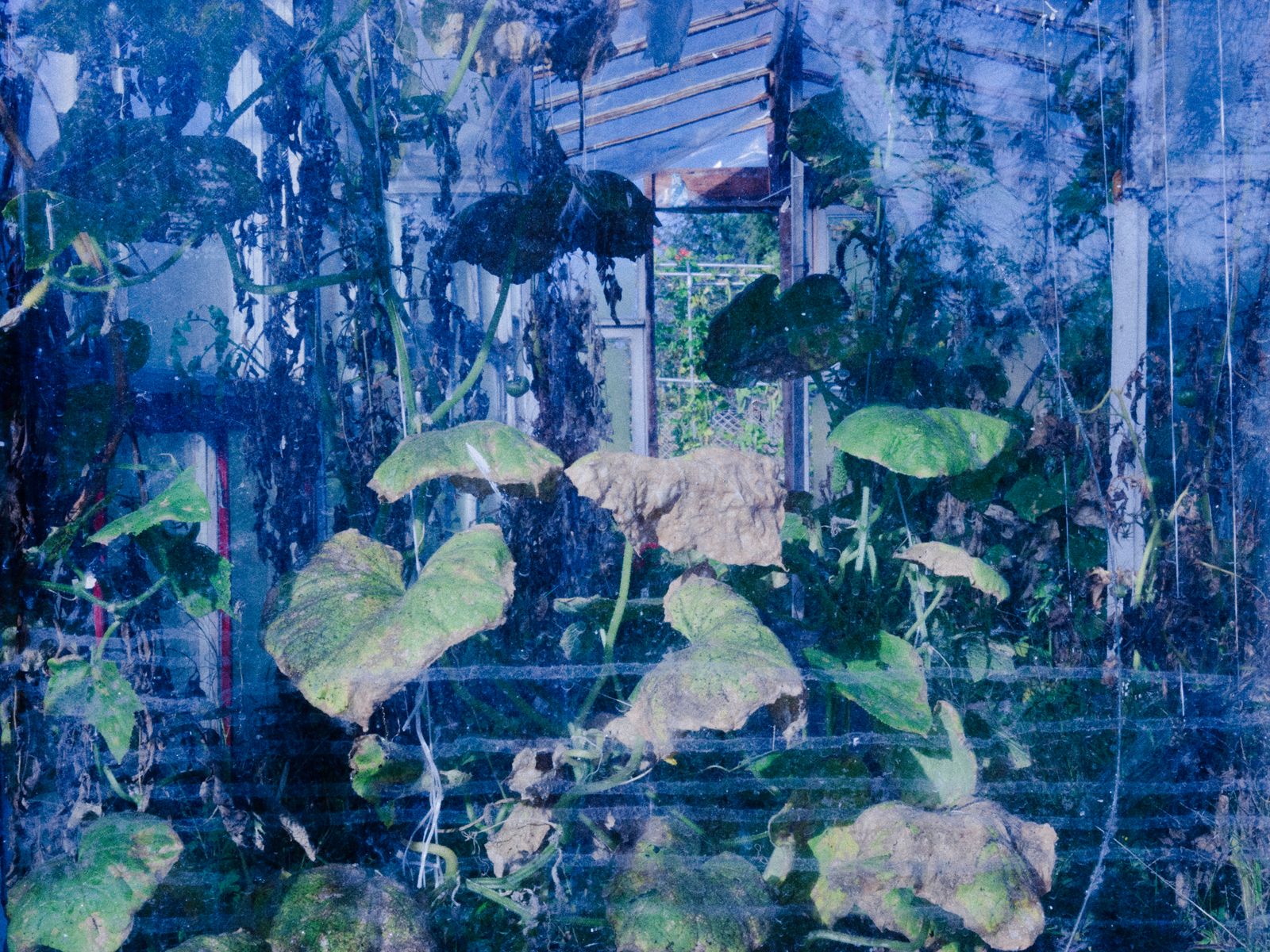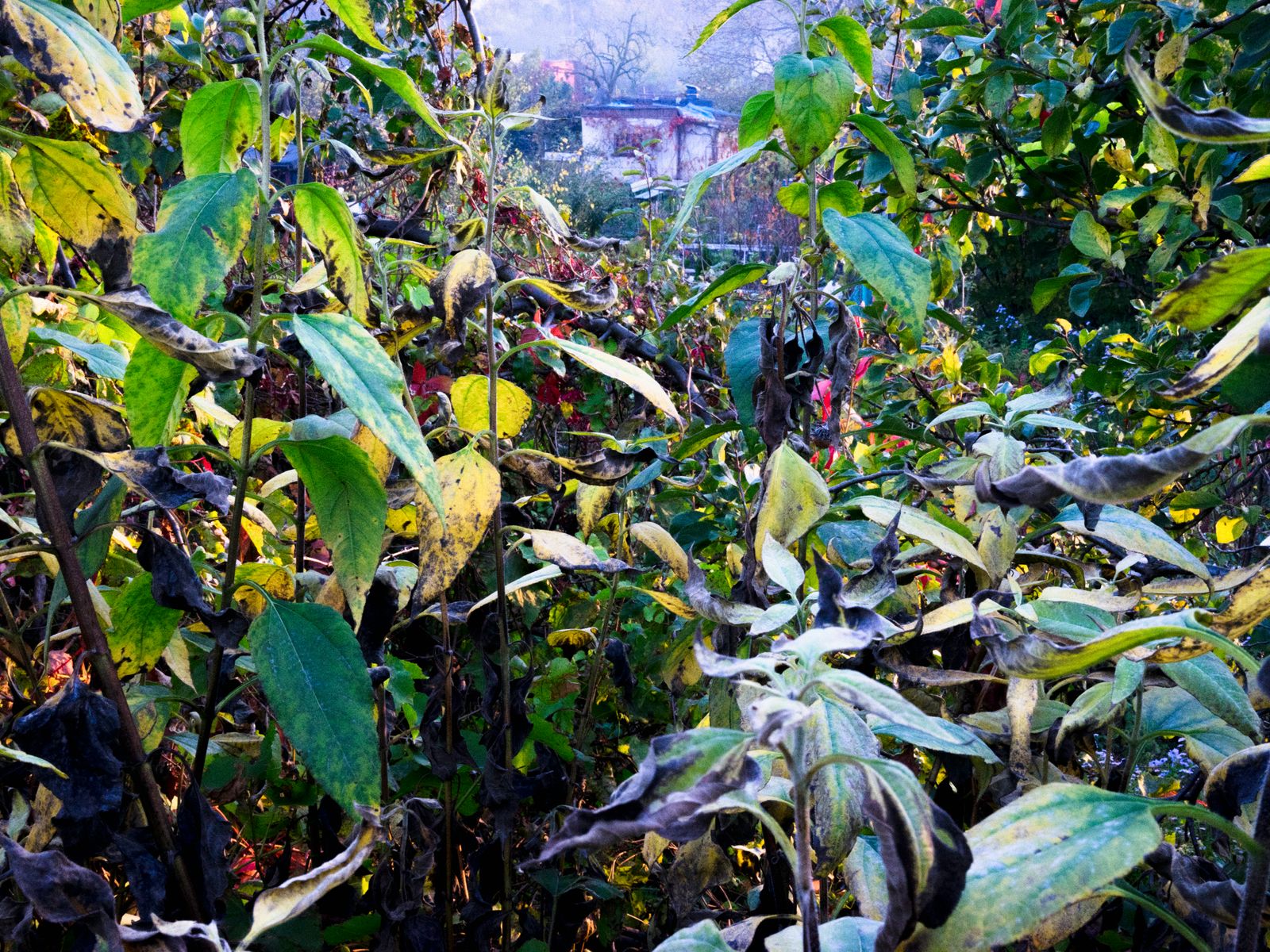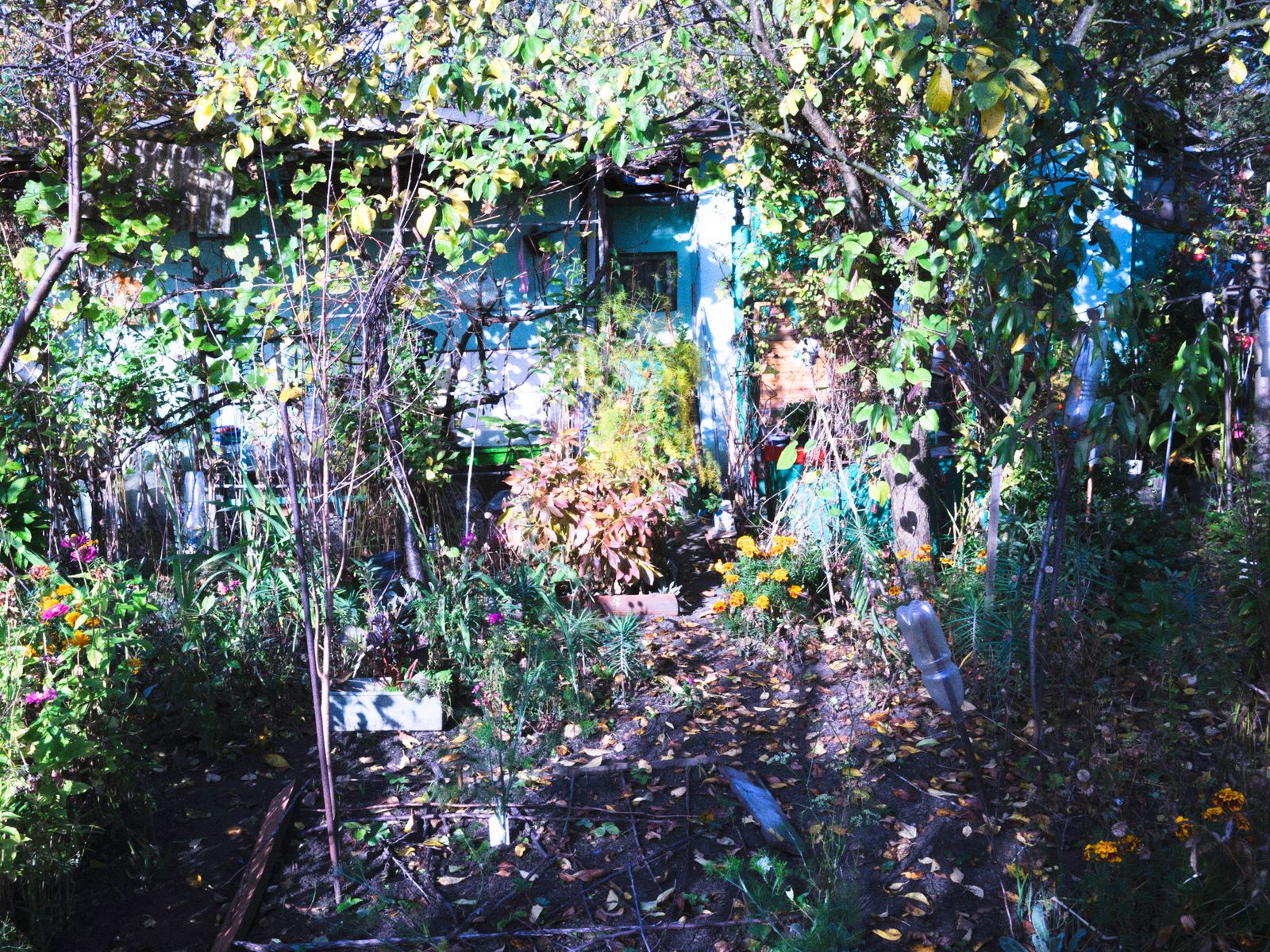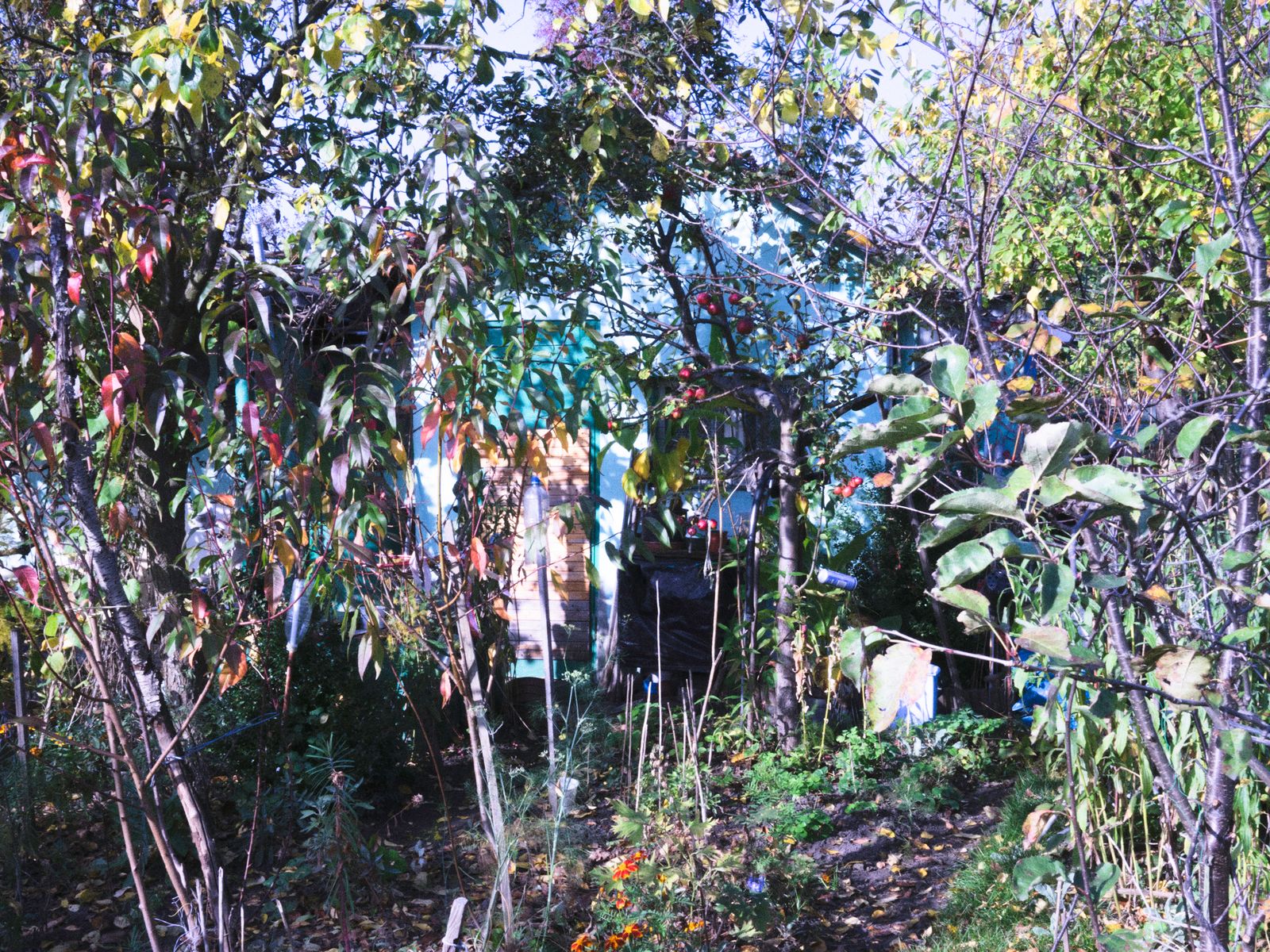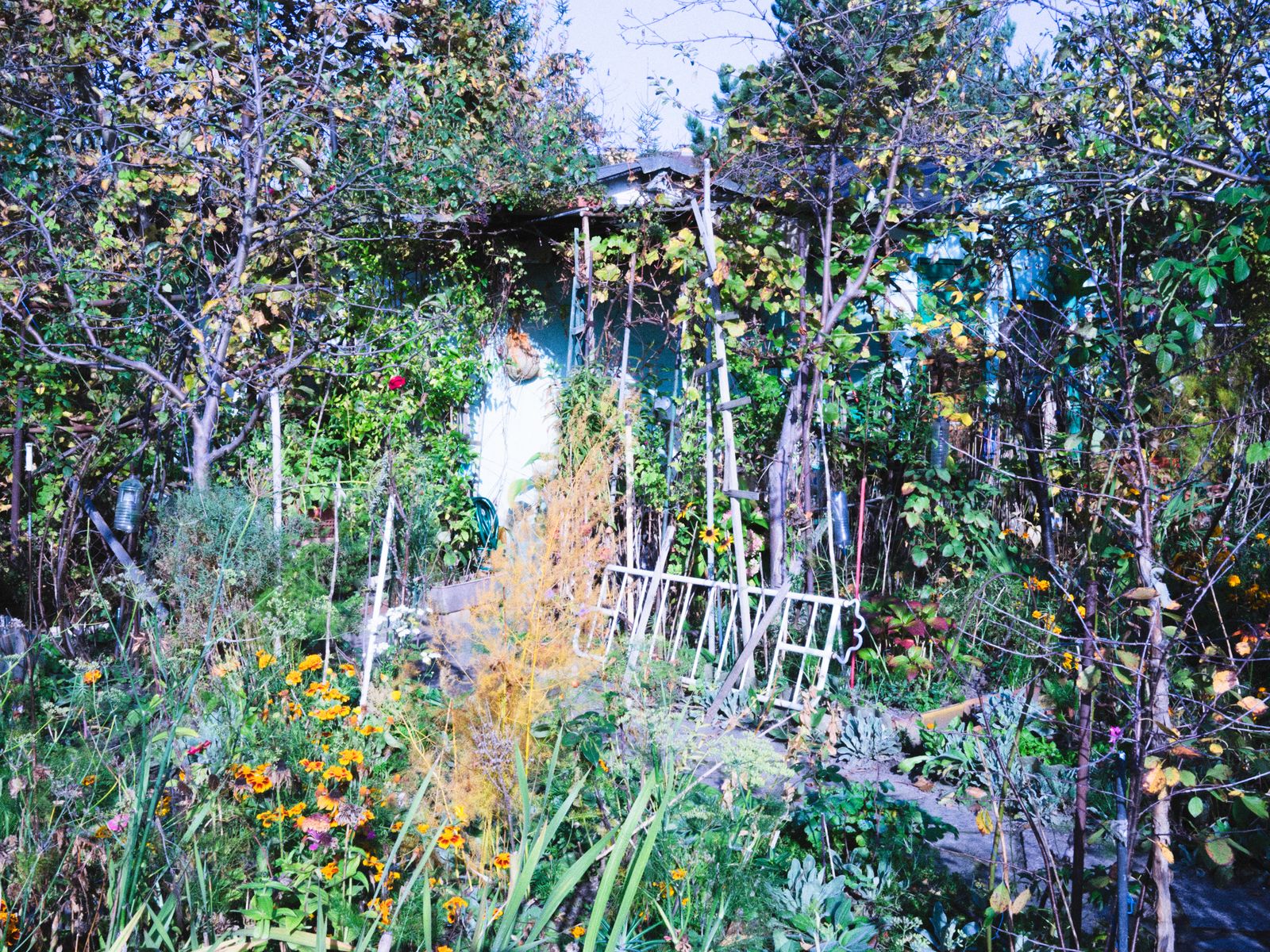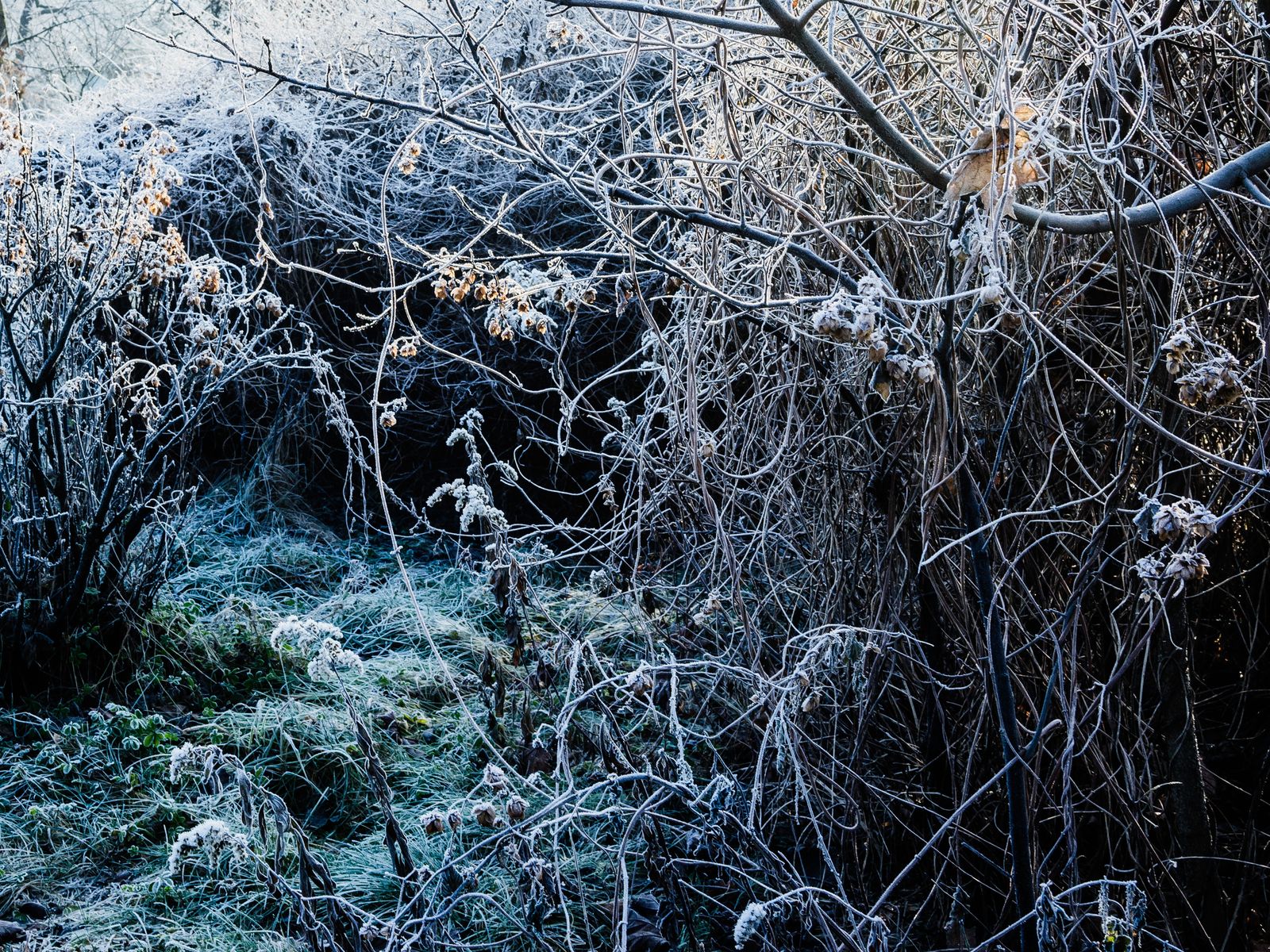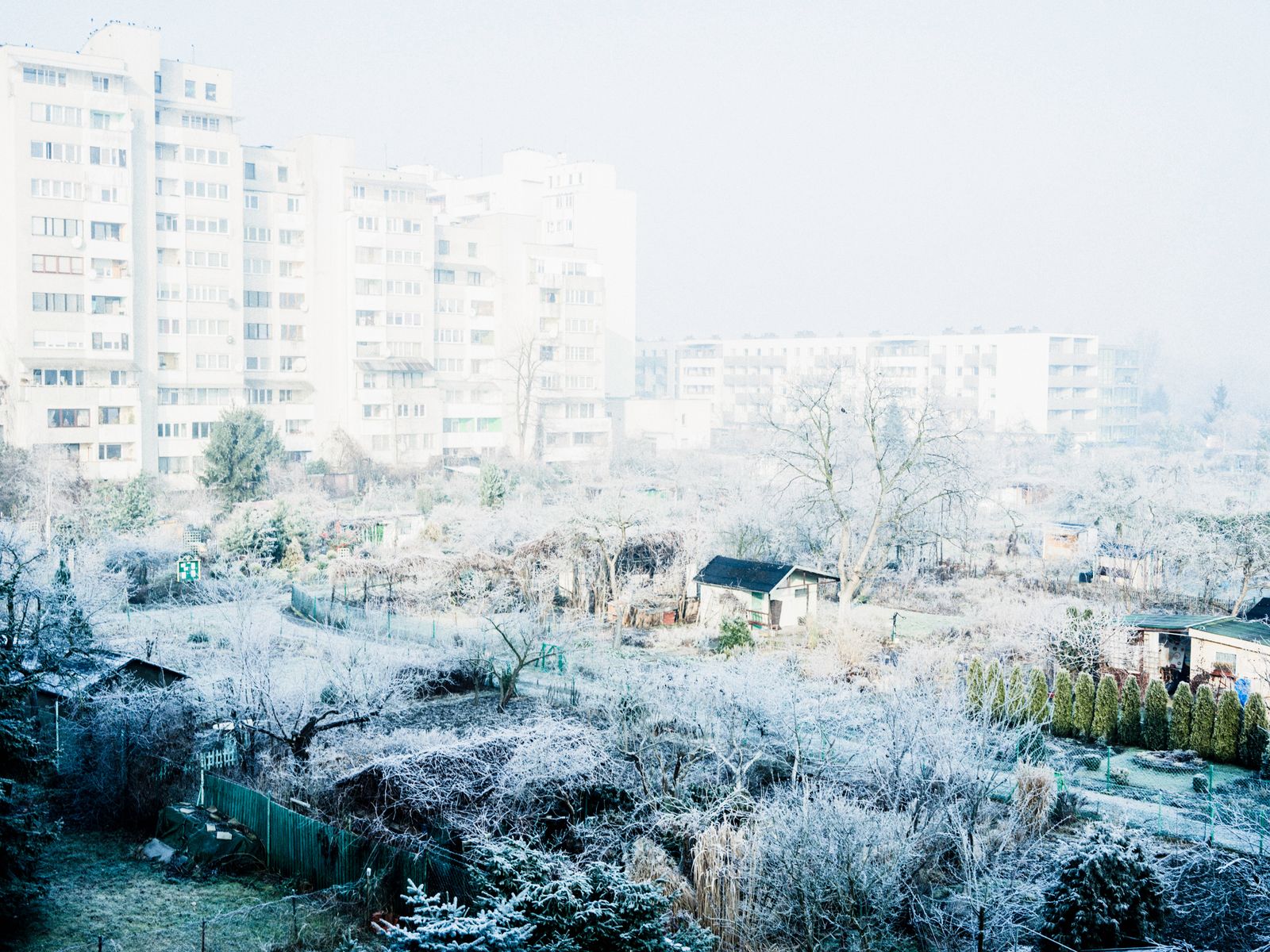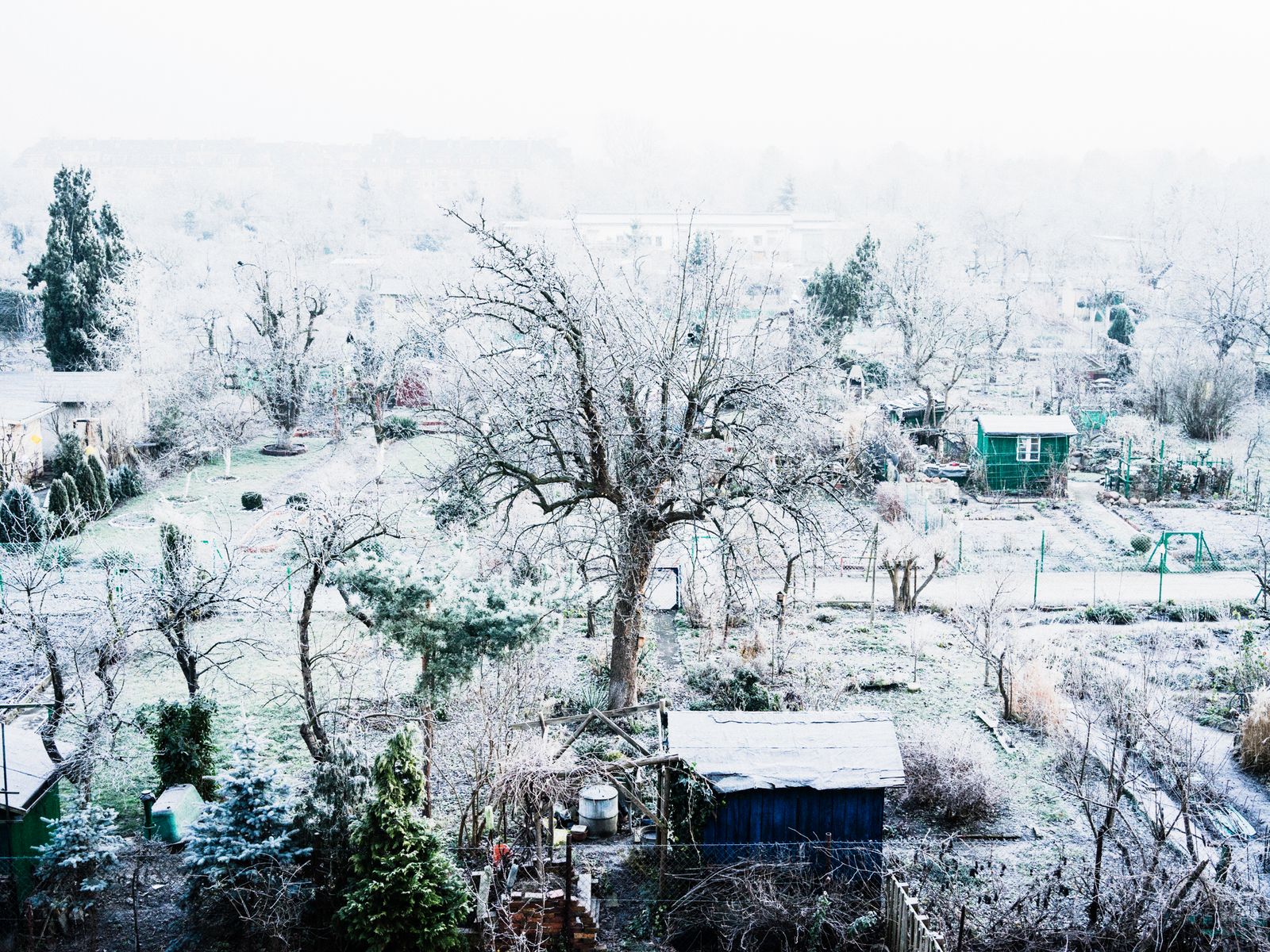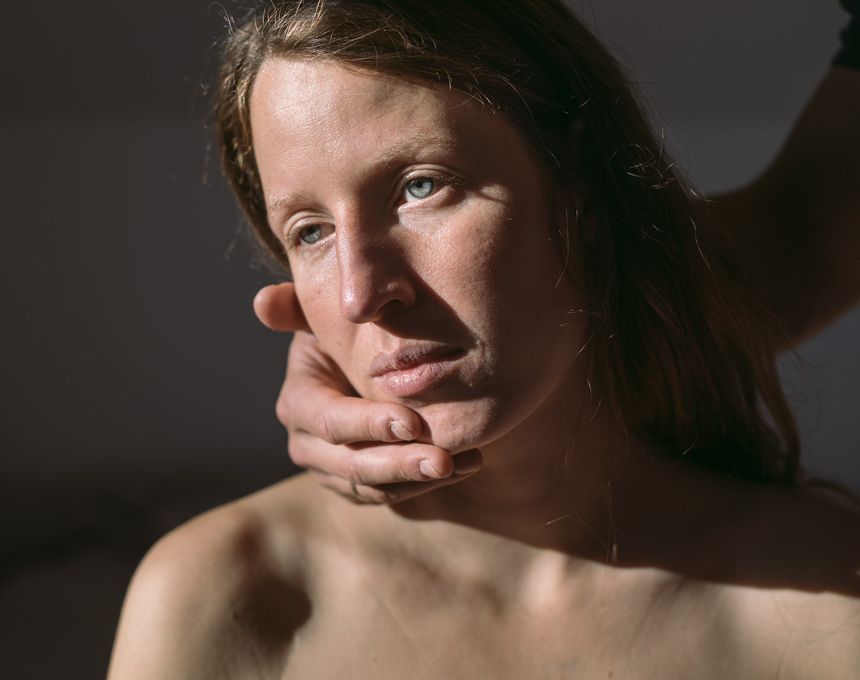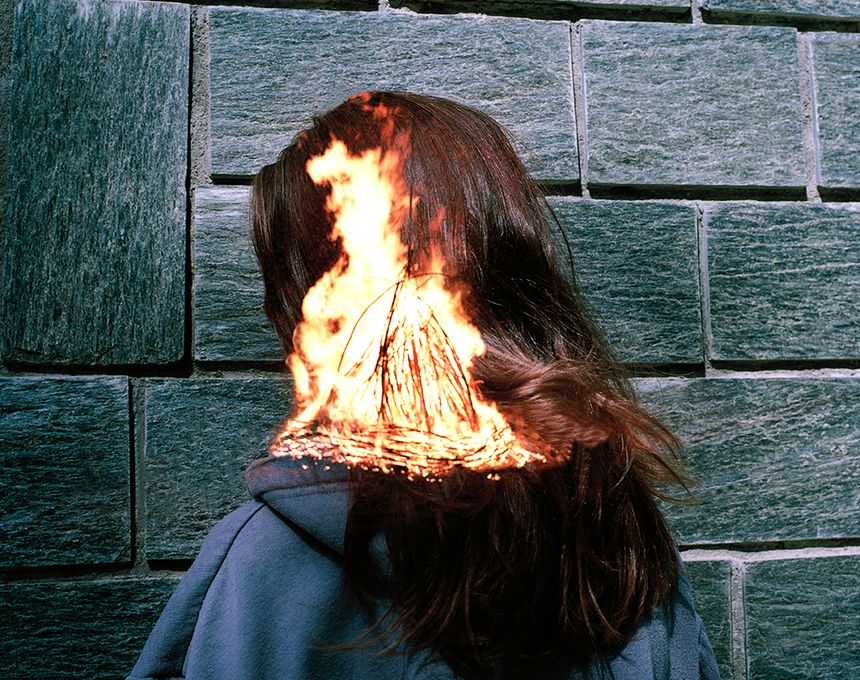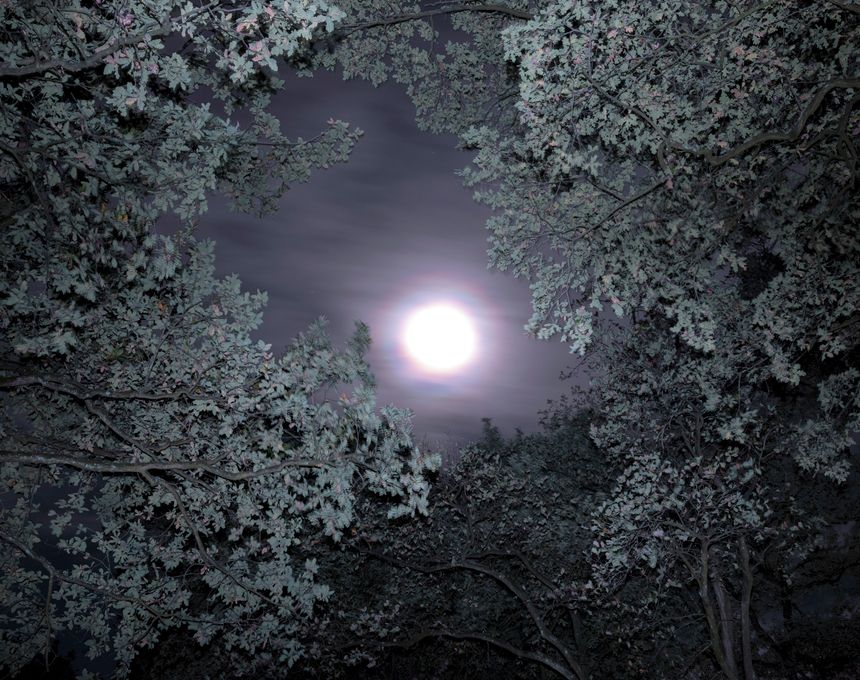Better Tomorrow
-
Dates2017 - Ongoing
-
Author
"Cities are huge mouths. Essentially, the farmer is food-master for the great mouth. He has many subsidiaries, but his primary job is to feed these great feudal survivals of the city. Raw materials for clothing himself and the urbanites are still his job. Without the farmer our towns and cities, big and small, would go naked and starve." [F. L. Wright, "The Living City", Nowy Jork, 1958]
The achievements of industrial revolution, which enabled long-distance transport, resulted in the separation of cities and food production. The spatial pattern of a modern metropolis, for instance, urban growth and a lack of vegetated areas, were influenced by the industrialization of food as such. In the early decades of the 20th century, urban planners and architects responded with visions of ideal cities, such as Garden Cities of Tomorrow (E. Howard), New Regional Pattern (L. Hilberseimer) and Broadacre City (F. L. Wright), where food cultivation was indicated as a leading factor.
Allotment gardens are remains of modern, utopian visions from the industrial era. The aim was to provide new urban dwellers a piece of land to produce their own food. Some of first gardens survived until now and are an extraordinary instance of agrarian landscape in cities. Furthermore, the allotments are created by their users − the gardeners, members of the community. As a result, this landscape is a combination of nature and art brut that gives a fairy tale aesthetic. Nowadays, urban farming is rising as a citizen's right to produce food and cultivate land.
Better Tomorrow is the original name of one allotment garden in Poland. The story is about an alternative place in the city that lives beyond the profit maximization paradigm and beyond the urban order. The project refers to visions of ideal cities from the industrial era. To emphasize its utopian element, it focuses on the garden as an ideal space without a nature-culture distinction. Pictures were taken during different seasons and weather conditions in order to catch the unusual light and show the diversity and variability of the landscape. The aim is to create an oneiric aesthetic and frames from wonderland.
By photographing allotments, I attempt to point out an optional approach to the human habitat and food production. I see the garden as a proper model of the impact of our activity on the environment. The production of goods under urban agriculture, such as food produced for market or own use, goes beyond private goods. Urban farms perform economic, social and ecological functions. They can be used as a tool in urban renewal as well as provide real help in crisis situations by supporting food sovereignty.
